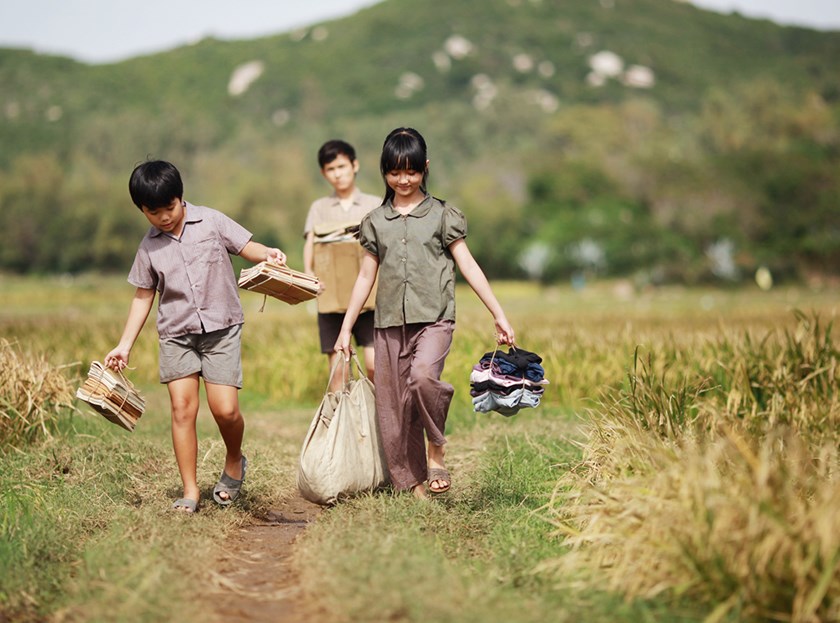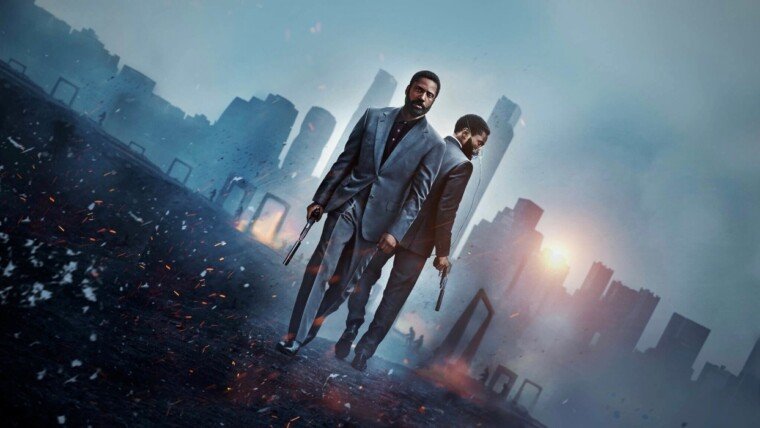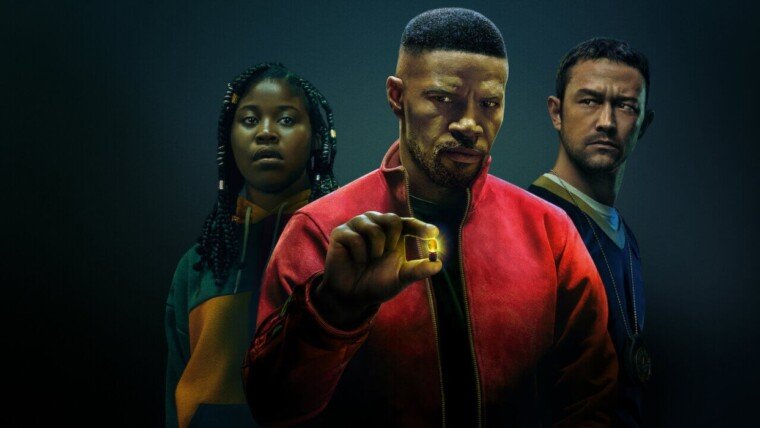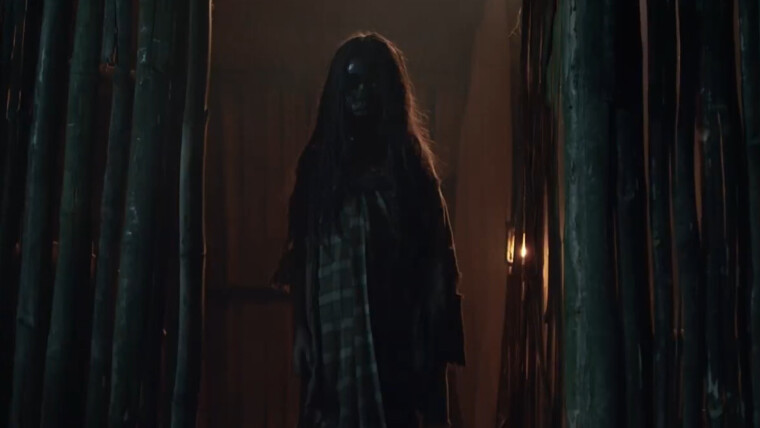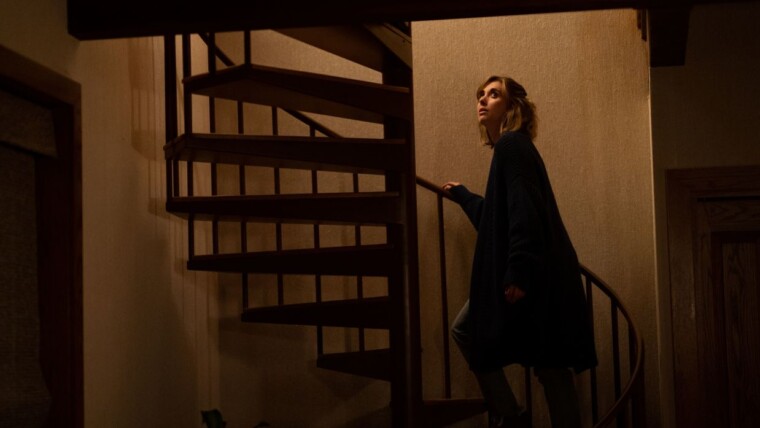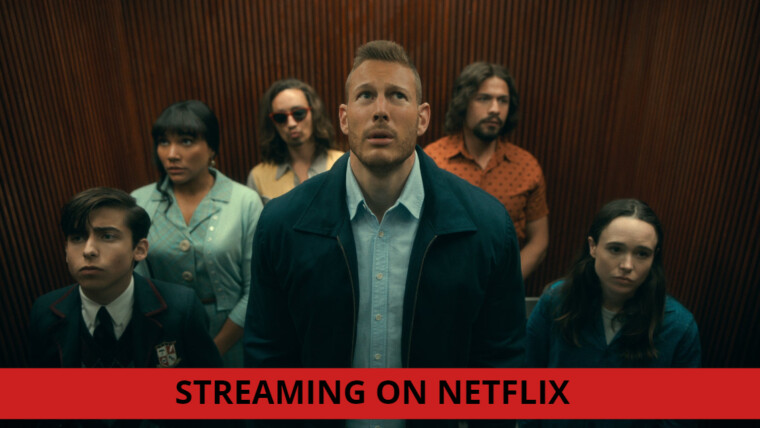Somewhere towards the middle of Yellow Flowers on the Green Grass, Thieu, the elder of the two brothers overhears a conversation between the girl he has a crush on and his younger brother, Tuong: “Let’s eat the fried chicken. Don’t tell my elder brother.” It’s something innocent; something juvenile. But we are dealing with kids here, not more than 12 and 10 respectively. Thieu then picks up a thick piece of wood and walks towards the two… aggresively. It was at this point — with my fist clenched tight and my stomach sunk so deep, it could’ve high fived the Titanic — where I thought to myself, this could be one of the best movies of the year. But before that, let’s rewind a little.
Yellow Flowers on the Green Grass is a 2015 film that will be released in Malaysia this week as part of the Vietnamese Film Festival. Set in rural Vietnam, we open with Thieu and Tuong playing outside. They’re throwing stones at each other. Younger brother Tuong is unquestionably stronger and more accurate. Thieu calls for the game to end and Tuong obliges — Thieu always makes the call and Tuong always respectfully listens. But when Tuong approaches his brother, Thieu picks up a stone and throws it hard at his unsuspecting lil bro, who bleeds from his left temple. But Tuong isn’t angry. He praises his brother’s cunningness and wits and says he’ll make a great army general one day. Later when their father chases after them with a rattan, Tuong tells his elder brother to run, while he takes the beating.
These short opening sequences do a great job introducing us to both of our central characters. Thieu is a coward. The honourable Tuong is courageous and looks up to his elder brother who he sees as his hero. But it isn’t black and white. The beauty of Victor Vu, Viet Linh and Đoàn Nhật Nam’s writing is that we sense the love the brothers have for each other. The arguments (or fights) they get into, regardless of the severity come from a place of innocence, not hatred. That we understand and feel this is paramount.
Which is why we get frustrated and uncomfortable when Thieu’s jealousy slowly begins to cloud his judgement. He believes his younger brother is trying to steal the girl of his dreams, another 12-year-old named Man. It’s frustrating as adults watching not just because Thieu is blinded, but because we know that he’s blinded by something that’s ultimately just substanceless puppy love. But we also remember how we felt when we were kids. At the time, it felt real. Victor Vu directs these sequences with such grace, while Thinh Vinh and Khang Trong act deliver believable and surprisingly nuanced performances. These kid actors are naturals. As Thieu picks up the piece of wood and walks towards his brother, we want to scream at him — “Don’t do it, boy! Please, don’t do it” — or sit him down and talk to him. I was hooked!
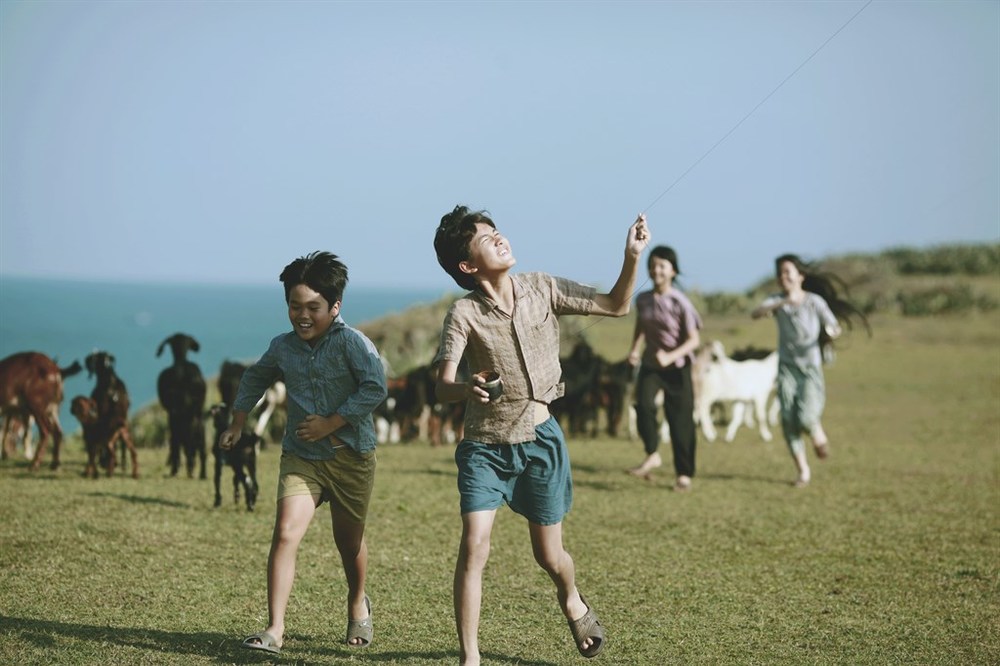
So how then did things go sideways DRAMATICALLY? There is a point where Yellow Flowers on the Green Grass stops being a gripping tale of two brothers and morphs into a weird fantasy cum Forest Gump wannabe. Why is there a story about a princess shoehorned in just when things were getting really interesting? And how, more importantly, does this princess have magical powers? These creative choices by Victor Vu (and his gang of writers) are baffling. Why spend so much time building the relationship between our central characters, only to not pay it off in any shape or form? In the end, the film concludes with an inorganically positive note with a pink cherry on top.
As a result, Yellow Flowers on the Green Grass doesn’t entirely work as a character-driven film, which I think is what Victor Vu was gunning for most of the way. But it does offer a fascinating perspective of rural Vietnam. Not just in terms of its gorgeous sceneries (though, Victor Vu and his cinematographer Nguyen K’Linh has got that on lockdown) but more importantly, in terms of the people and how their lives are very much different from ours. The people there tend to appreciate the simple pleasures, like making tiny boats out of twigs or playing with toads — none of that iPhone nonsense. And things that we spoiled city folk would consider story-worthy big moments don’t move them as much. I found it interesting that a man being caged up in a shed due to leprosy is mentioned so nonchalantly by his daughter. Or that nobody really panics when their houses are filled knee deep in length with water. They have more pressing issues to tend to, like “will we have food on the table tonight?”
Hey you! Yes you, hot stuff. Like my article? Leave a comment below and let me know whatchu think. Also, don’t forget to share it with your buds. And if you’d like to talk movies with me you can hit me up on Twitter or Instagram here: @dashtalksmovies
Also click here to check out our other reviews.

